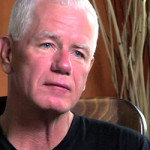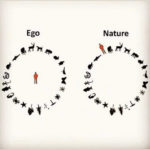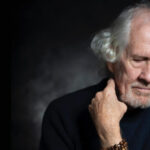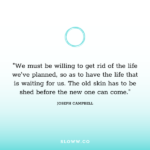
CHRONIC PERFORMANCE.
Today I have included an excerpt from a new book, The Performance Paradox by Eduardo Briceno. Eduardo writes from personal experience. As a young executive the stress he suffered as a result of his high performance expectations led to a significant physical problem. Eventually, he realized that in those years when he believed he should always 1) pretend and appear to be knowledgeable and decisive and 2) have the right answer vs sharing his thought process, he was withholding information that could have resulted in better decisions. Not to mention better personal health.
I spent many years in this land of performance but was lucky to have found a mentor who wanted to hear my thoughts more than my conclusions – and I fell in love with brainstorming.
Have a good Sunday!
Love, Vick
EXCERPT from The Performance Paradox: Turning the Power of Mindset into Action
Are you always racing to check tasks off a list? Do you spend most of your time trying to minimize mistakes? Do you suppress your uncertainties, impressions, or questions to try to appear like you always know what you’re doing?
Would you rather walk over hot coals than get feedback? These are all signs of chronic performance. While it may seem like minimizing mistakes is a reasonable use of our time or that appearing decisive is a wise career strategy, these habits can have a devastating impact on our skills, confidence, jobs, and personal lives.
Chronic performance could be the reason you might be feeling stagnant in some area of your life. You might be working more hours or putting more effort into tasks, yet you never seem to get ahead. Life feels like a never-ending game of catch-up. That’s chronic performance—throwing more energy at tasks and problems yet staying at the same level of effectiveness.
Most of us go about our days assuming that in order to succeed, we simply need to work hard to get things done. That’s what we’ve been told all our lives. So what’s the problem? Doesn’t hard work lead to better performance? The answer is a paradox—one I call the performance paradox.
Maybe you’re a busy professional trying to learn a difficult new skill, like giving masterful presentations, motivating colleagues, or resolving conflict, yet no matter how much you work at it, you don’t seem to be getting better.
You could be a leader whose team achieves the same results month after month even though you are certain everyone is working hard. Or perhaps you’d like to deepen your relationships with your family, friends, or colleagues, but conversations stay superficial.
The performance paradox is the counterintuitive phenomenon that if we want to improve our performance, we have to do something other than just perform. No matter how hard we work, if we only do things as best as we know how, trying to minimize mistakes, we get stuck at our current levels of understanding, skills, and capabilities.
Too often, the performance paradox tricks us into chronic performance, which leads to stagnation. We get stuck in a hamster wheel in our work, as well as in our relationships, health, hobbies, and any aspect of life. It can feel like we’re doing our best, when in fact we’re missing out on discovering better ways to create, connect, lead, and live.
Why does the paradox ensnare so many of us? It’s a seemingly logical response to feeling pressured, overwhelmed, and underwater. We think the answer is to just work harder and faster, but the way to improve our performance is not to spend more time performing. It is to do something else that is a lot more rewarding and, ultimately, productive.






























